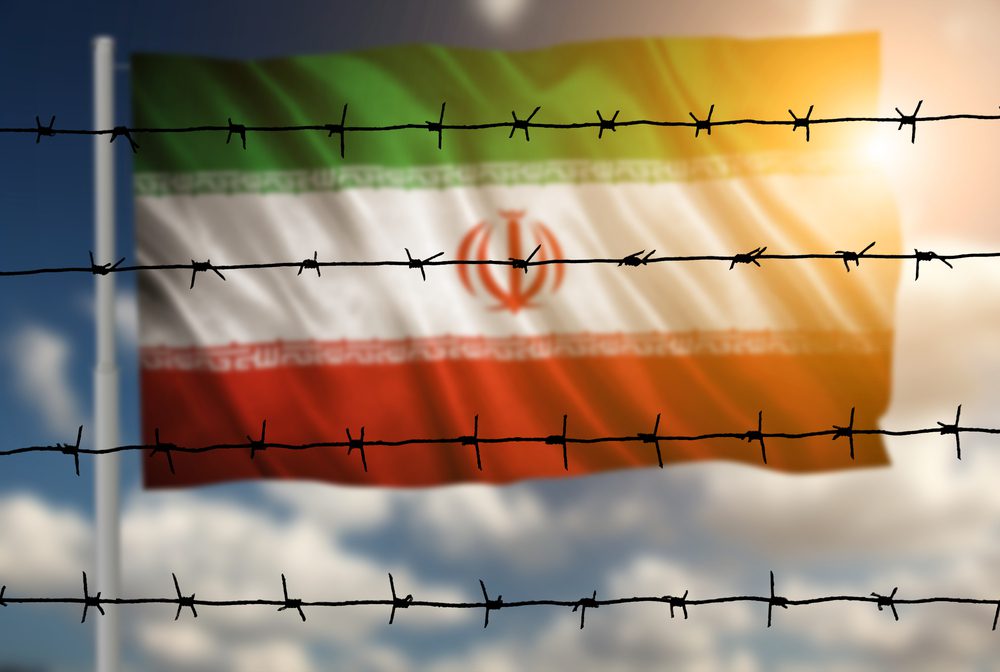
Iran pledged on Sunday, February 5th to release tens of thousands of prisoners or reduce their sentences, Iran’s state-run agency IRNA reports. The prisoners are said to include those arrested during the violent demonstrations that rocked Iran in recent months.
The move comes as Iran nears the 44th anniversary of the 11 February 1979 Islamic Revolution. To mark the occasion, around which time prisoners are often pardoned, Iran’s Judiciary Chief Gholamhossein Mohseni-Eje’i had suggested amnesty and reduced sentences in a letter to Ayatollah Khamenei, to which the Iranian leader assented.
Under Article 110 of the Iranian Constitution, the Supreme Leader has the right to pardon or reduce the sentences of convicts upon a recommendation from the head of the judiciary.
In the letter, Mohseni-Eje’i noted that,
in the recent unrest, a number of people, especially young people, committed wrong behaviors and crimes due to the incitement and propaganda of the enemy. In addition to causing problems for themselves, they also caused hardship for their families and relatives. Now that the schemes of the foreign enemies and the anti-revolutionary movements against the people have been revealed, a significant number of them are expressing their regret and remorse, and they are asking to be forgiven.
Iranian media reports that the possibility of pardon does not apply to everyone who participated in the recent protests. The release would be granted only to those not accused of espionage or of having had contact with foreign intelligence services. Those detained for murder, assault, vandalism, or arson are likewise not eligible for pardon.
Tehran has maintained that it considers these protesters as—often unwitting—proxies for governments hostile to the Iranian government. The U.S., which Tehran designates as its nemesis and the principal agent behind destabilization efforts, has always denied the charge.
Since the death of a 22-year-old Iranian Kurdish woman while in custody of the country’s morality police last September, Tehran has been contending with fierce anti-government protests. The number of Iranian prisoners swelled as a result, while prisons came close to overcrowding.
As reported by Associated Press, according to the organization Human Rights Activists in Iran, about 19,600 people involved with the protests have been arrested. 527 more have lost their lives during authorities’ efforts at suppression, the NGO said.
Iran has already hanged at least four people who were detained amid the protests. Since those executions started, protests have slowed considerably. Amnesty International has criticized Iranian authorities for their “sham trials” designed to “further repress the popular uprising” and “to instill fear among the public.”
